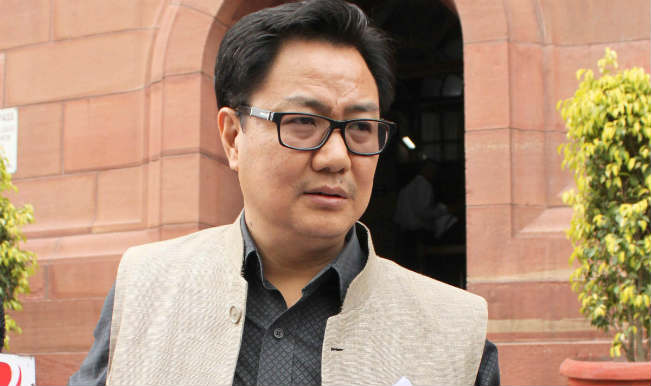
Divya Deli: The Waqf (Amendment) Bill which was submitted in Parliament, was praised in these columns by yours truly as groundbreaking and a step toward significantly advancing the Uniform Civil Code , which is enshrined in the Directive Principles of State Policy. In contrast to basic rights, which any citizen can enforce by using Article 32 of the Constitution, the Apex Court has frequently pushed the Central government to execute the directive principles despite the fact that they are not legally binding. The Waqf Bill 2024 was appropriately referred by Parliament to a Joint Parliamentary Committee which has now turned in its report and is led by Jagdambika Pal, a BJP Lok Sabha MP. There are concerns about the study, as should be expected given the delicate subject matter, particularly with regard to the exclusion of Muslim perspectives. But ultimately, only with the backing of Parliament—possibly in a joint session called especially for this purpose—can the Bill be passed. The important thing to remember is that the Bill cannot be rushed. As was the case with another historic parliamentary move to implement the UCC—the repeal of Article 370, which had granted Jammu and Kashmir special status—it would always be susceptible to judicial review even after it is passed.
- Education(148)
- India(771)
- Entertainment(399)
- Sports(272)
- Business(226)
- Bollywood Hollywood(95)
- International(196)
- Life & Style(91)
- Opinion(139)
- Educational(5)
- Crime(7)
- Technical(6)
- World(18)


